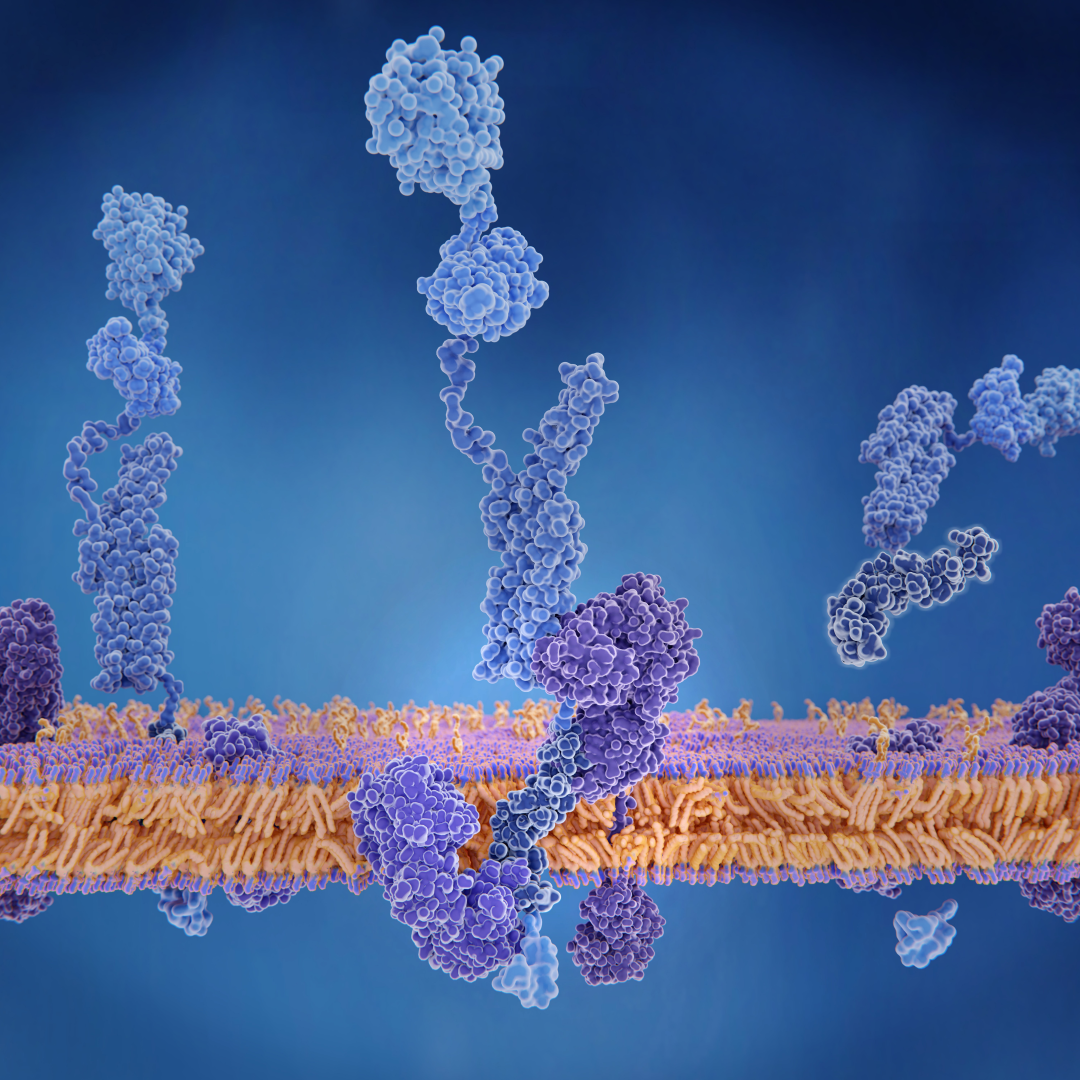
man destined for early Alzheimer’s Survived More Than Twenty Years longer than expected
On Feb. 10, 2025, scientists announced identifying genetic variants that could have helped a man to avoid dementia for at least two decades longer than expected. The study findings raise questions about the role of the proteins that ravage the brain during the disease and the drugs that target them.
Since 2011, a study called the Dominantly Inherited Alzheimer Network (DIAN) has been following a family in which many members have a mutation in a gene called PSEN2. The mutation causes the brain to produce versions of the amyloid protein that are prone to clumping into the sticky plaques thought to drive neurodegeneration. Family members with the mutation invariably develop Alzheimer’s at around age 50.
Then, a 61-year-old man from this family showed up at the DIAN study’s clinic with full cognitive function, and the researchers were shocked to discover that he had the fateful PSEN2 mutation. The man’s mother had had the same mutation, as had 11 of her 13 siblings; all had developed dementia around age 50. Scans revealed that his brain was full of amyloid, but did not contain clusters of tau — another protein that forms tangled threads inside neurons.
Over the course of ten years, study co-author Jorge Llibre-Guerra at Washington University in St. Louis, Missouri and his colleagues ran memory tests and other cognitive assessments to determine whether the man really was resistant to Alzheimer’s. Overall, his test scores were normal and remained constant over the years. Some scores even rose owing to practice.
The researchers did find that the man has nine genetic variants that weren’t present in his relatives who had the PSEN2 mutation and early dementia. Six of the variants have never before been associated with Alzheimer’s, but are involved in functions related to the disease such as neuroinflammation and protein folding.
Llibre-Guerra suspects that a combination of variants, along with lifestyle and environmental factors, might explain why he has resisted dementia for at least 21 years longer than expected for a member of his immediate family. Llibre-Guerra says that the findings suggest that restricting tau from spreading in the brain might be enough to delay or even stop the development of dementia. Clinical trials in people with early-onset Alzheimer’s might soon reveal whether this is true. The findings were published in Nature Medicine.
Tags:
Source: Nature
Credit:
